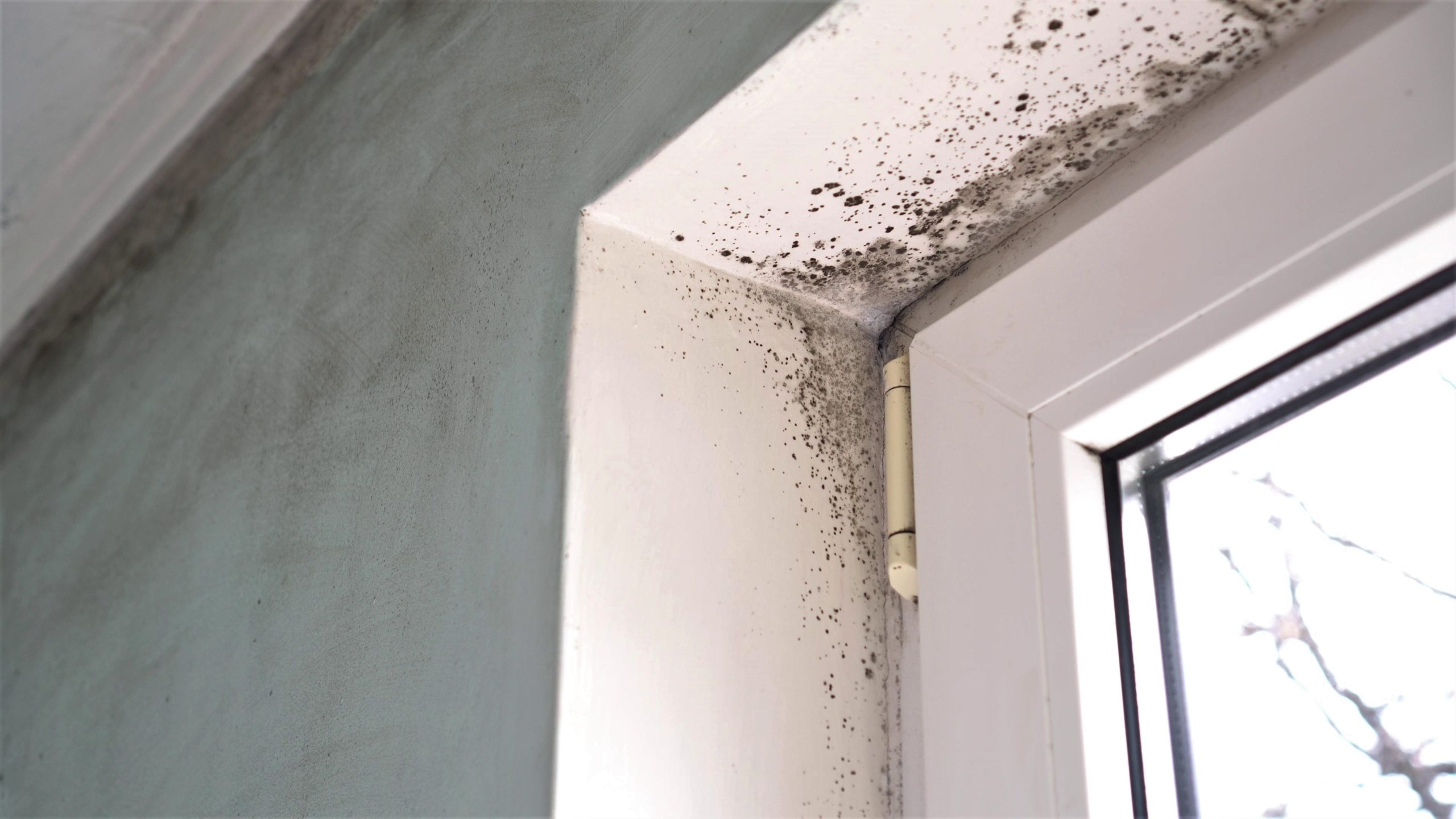Barking and Dagenham Council ordered to pay £6,000 after property condition forced family to share one bedroom
1 August 2023
The Ombudsman has made a severe maladministration finding against Barking and Dagenham Council after it didn’t act effectively enough and mishandled the repairs over damp and mould.

Barking and Dagenham Council has been ordered to pay £6,000 to a resident after leaving her and her family of six in damp and mould for over two and a half years, in which they were eventually all forced to share one bedroom.
The family had various health conditions, including asthma, of which the landlord was aware. There was also a one-year-old baby living in the house.
However, there was no evidence of this being considered as an urgent case and therefore the landlord took no action during the first Covid-19 lockdown. When restrictions were lifted, the landlord took a further month to act and then did not follow up on other repairs until the resident prompted it to seven months later.
In its stage one response, the landlord scheduled an inspection, which took place two months later. However, no follow up repairs appointments were made until the resident chased the landlord several times the following month.
The landlord and resident then disputed the works that should take place. The landlord later noted in its stage two response that there was a discrepancy between the works previously agreed and the contractor’s proposal when on site. This made the resident’s decision to question the works appropriate, especially considering the living conditions at the time.
Over the next three months the landlord failed to communicate effectively with the resident over the repairs, despite knowing the family was living in one room. There was also no evidence of a decant consideration to temporary accommodation.
When the resident’s husband had a heart attack during the works, they were stopped but once again a temporary accommodation move was not seriously considered, despite advice from a medical professional. The landlord said it had completed works to two rooms and therefore the decant was not needed.
However, the resident said the dampness returned in those two rooms and the family could not live in there still. A later inspection showed these repairs were “substandard and ineffective”.
Three months after, the landlord undertook another survey and repairs were carried out over the next 10 months, when the final repair was completed.
On top of the compensation, we ordered the landlord to apologise to the resident and find other ways to rebuild the relationship with the family. The Ombudsman has also ordered the landlord to send a qualified surveyor to see if any further works are needed and to review the case to ensure it does not happen again.
Spotlight on… damp and mould: It’s not lifestyle – October 2021
In its learning from the case, the landlord said it has introduced a new compliance team and a new approach to root cause identification by specialist surveyors to reduce repeated reporting of issues.
Richard Blakeway, Housing Ombudsman, said: “The landlord had difficulty diagnosing the cause and completing effective repairs.
“While the Covid restrictions and a breakdown in trust between the resident and landlord did contribute to delays, the majority was as a result of the landlord’s inactions and mishandling of the repairs over a long period of time.
“This was unreasonable and caused distress for the family of six, who ended up having to occupy one room for a significant period. This should have led to the issue being addressed more urgently, especially with the presence of a one-year-old baby.
“There is a need for landlords to consider the urgency of its repairs when dealing with those who have a relevant health condition or where there are children involved. Temporary accommodation could have given the family a vital reprieve, but the landlord did not consider it until too late.”
In all cases of severe maladministration, we invite the landlord to provide a learning statement.
London Borough of Barking and Dagenham learning statement
The Council have recognised the failings in this case and the impact that this would have had on the family and the ability to enjoy their environment and for which we would offer our sincere apologies.
As a Council it is important that we take complaints and use these as a basis to improve the services for our residents, as such we have taken this complaint and determined several learning outcomes to improve the services which we offer all residents.
- Introduction of a robust post inspection regime to ensure a high standard of workmanship, and that all associated work identified on the surveyor’s report is fully complete and signed off.
- New approach to root cause identification by specialist surveyors and the use of specialist equipment will drive down the occurrence of repeated reporting.
- Introduction of the new dedicated compliance team sees a different approach adopted by the council that moves away from job management to a case management approach which will take account of the wider considerations of the resident/household needs.
- Policy and standard operating procedures will be embedded to achieve consistency, quality, outputs, reporting standardisation and will reduce the risk of miscommunication across services.
We value the Housing Ombudsman and the work they undertake not only with the Council but our residents ensuring that our processes are improved with our customers at the heart of decision making.
